Born in Henderson, New Zealand, Penelope Brook studied at Auckland University before going to Oxford to read for a DPhil in economics. She returned to New Zealand and began working in public policy, then moved to the World Bank, where she went on to become Country Director for Argentina, Paraguay and Uruguay, and later Ombudsman. In 2017, Brook took up the role of founding Director of the Atlantic Institute, establishing an ecosystem of changemakers in pursuit of equity. In 2023, she took her MA from the Royal College of Art and now practices as an artist. This narrative is excerpted from an interview with the Rhodes Trust on 10 March 2025.
Penelope Brook
New Zealand & Nuffield 1984
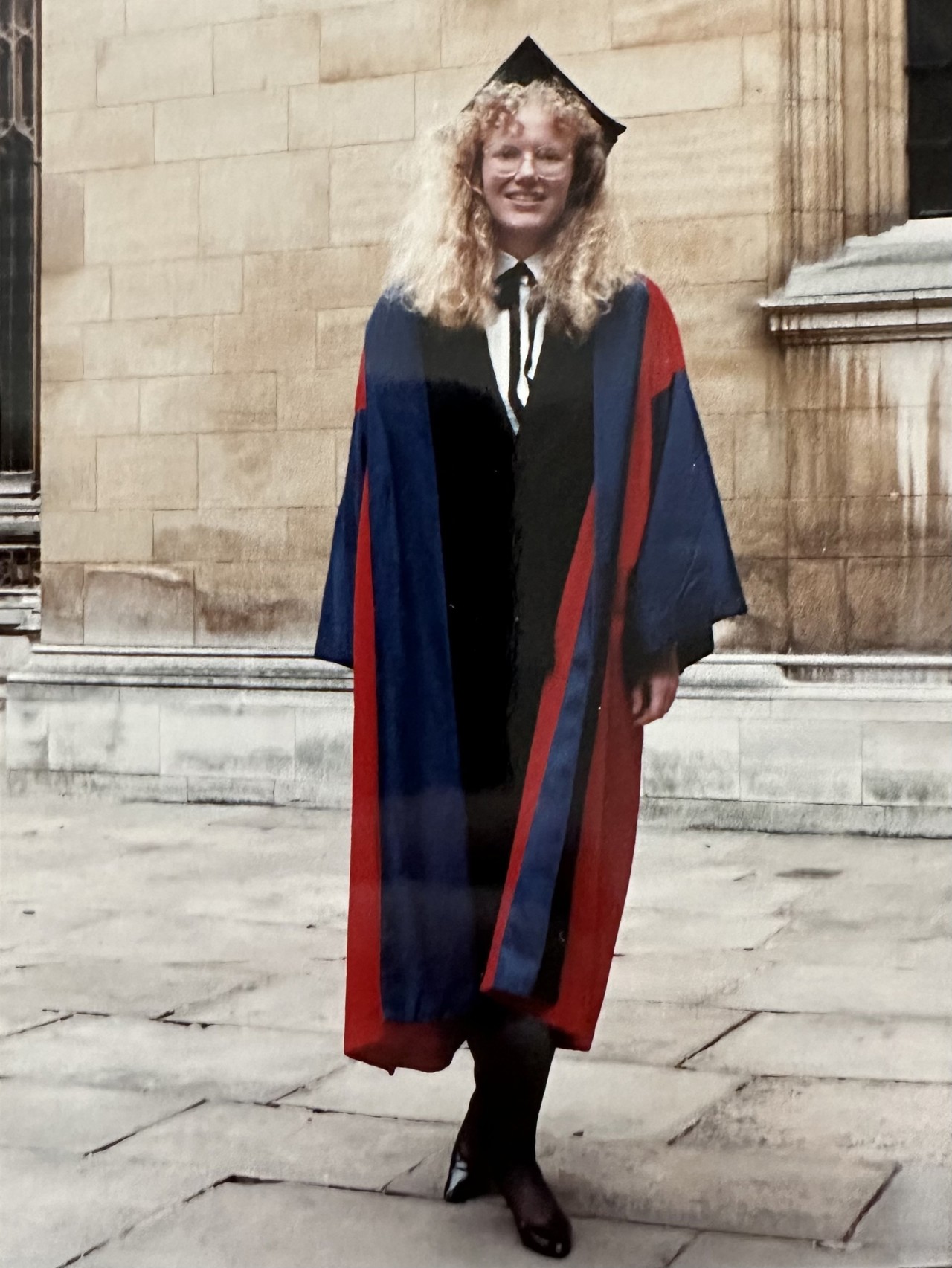
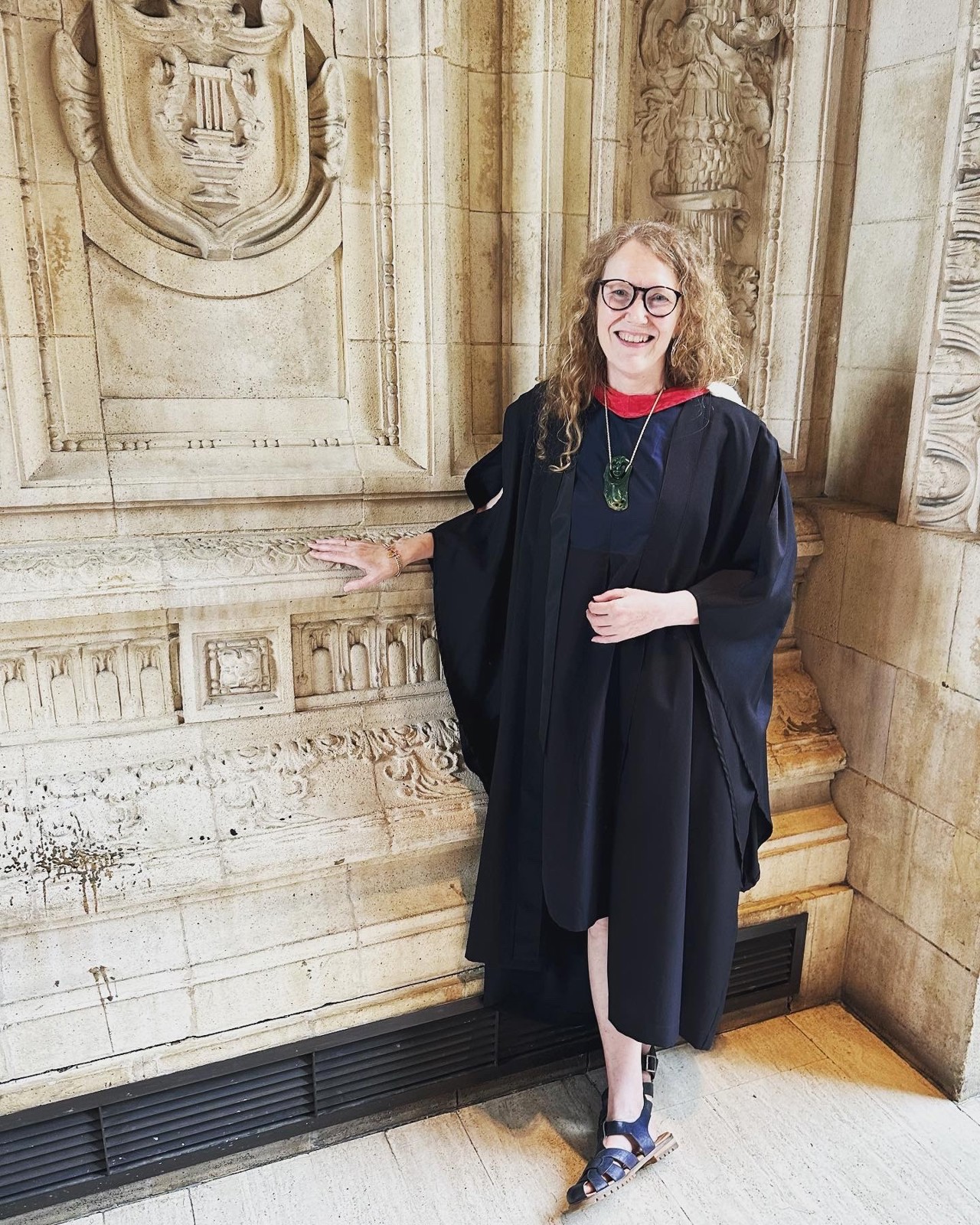
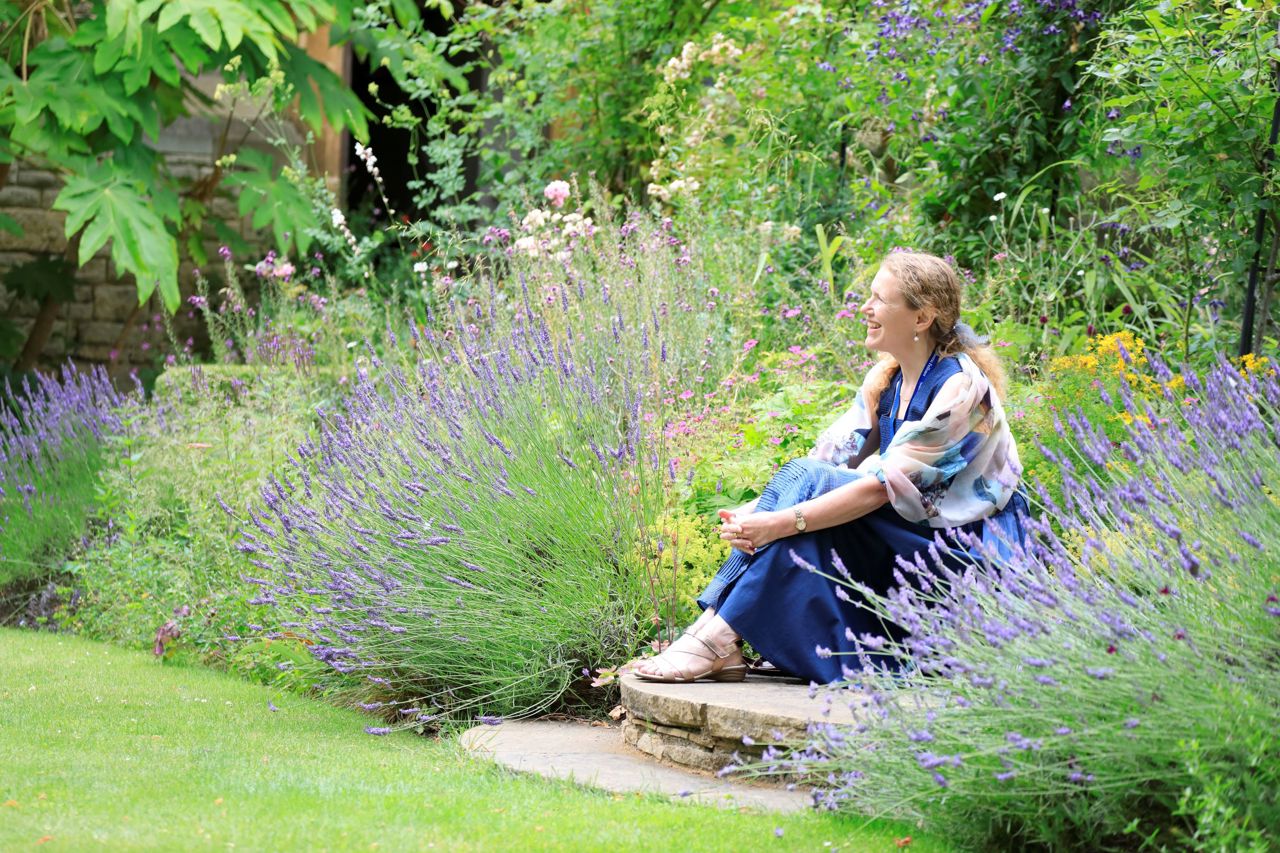
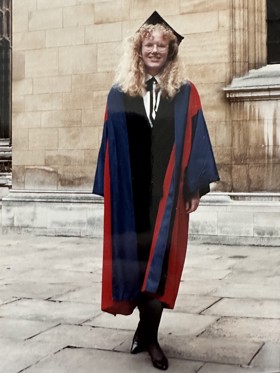
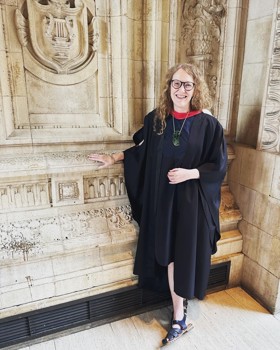
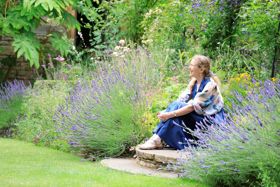
‘I grew up feeling incredibly loved and encouraged to be curious’
I would describe my childhood as incredibly privileged. My parents were both botanists. My mother had given up her career to bring up my brother and me and my father was working as a research scientist. We didn’t have a lot of money but we had a big garden and a house full of books. I grew up feeling incredibly loved and encouraged to be curious. My mother described me, before I went to school, as just getting up and drawing every day, and my parents encouraged us to stop and look at the beauty of small things. That close observation and recognition is something central to my work now as an artist.
At school, I loved English, and I went to university expecting to major in English and French - but ended up majoring in politics and economics. In fact, I only took economics at high school because my Latin teacher got pregnant during the sixth form; when she left I had to pick a new subject. It was the first of so many serendipitous moments. But I didn’t really fall in love with economics until halfway into my master’s degree at Auckland University, when I began doing work at the New Zealand Treasury and got a sense of what public policy work was like. Up until then, I had stuck with economics through pure stubbornness, because it was hard and I was not going to give in.
On applying for the Rhodes Scholarship
I was aware of the Rhodes Scholarship, but I hadn’t thought about applying. Then, in the second year of my master’s when we were all writing our dissertations, people were talking about PhDs and someone said, ‘I’m going to apply for a Rhodes Scholarship.’ I thought, ‘Oh, that’s for rugby players,’ but just before the closing date, I decided to apply. It was quite an impromptu thing. I didn’t have anyone mentoring me. I just sent my application in, with no expectation that it would lead anywhere.
I remember the interviews because they made it really lovely. Because I had no expectations, I was quite relaxed, and the other people I met were so interesting. We were at Government House for the whole day, playing billiards and croquet between interviews. I even have a memory of there being whisky at morning tea, though that may not be correct.
‘Nuffield was a very tight community, and also very nurturing’
Going to Oxford was the first time I’d been far away from New Zealand. My parents had exposed me to a lot of English history and culture and music, but being in England was still quite overwhelming. I was on track to do a DPhil in economics, which could have been an incredibly lonely experience, but Nuffield was a very tight community, and also very nurturing. I think it’s quite a common experience of women who go to Nuffield, still, that they think it’s going to be really tough and competitive, and it’s actually quite an empowering space.
We each had what was called a moral tutor, which in a way was terribly old-fashioned, but also just very settling. Maurice Scott, who was one of the greats of growth economics, was my moral tutor. He was helping me think about topics and find my dissertation supervisors, but would also worry about whether I was eating enough, and he’d take me on rambles in the countryside. That sort of thing got me through the miserable parts of the first couple of terms, especially the awful weather. I think every Rhodes Scholar struggles with the weather in the UK!
‘Creating a space that’s safe for things to happen’
Because I had worked in the New Zealand Treasury, I already knew I wanted to do public policy work. I also wanted to go back home. I started by doing a lot of work related to regulatory reform. Then, and this might seem counterintuitive, I began working for an investment bank. Part of that work was engaging with the Ngāi Tahu iwi from the South Island of New Zealand as they defined their claim against the government for contractual abuses in the 1840s. That was an incredible privilege for me.
I subsequently applied for a job at the World Bank in regulation of infrastructure, which I did not get. But then, I was in the US and got a call out of the blue from someone at the World Bank who had seen my resume. I was incredibly fortunate to have a series of managers there who supported me and gave me space to do really interesting things. When I was first there, I was working a lot on infrastructure and private sector engagement in infrastructure, and was given the chance to lead a work on how, if you’re engaging with the private sector in things like water and sanitation and clean energy, you get a focus on the poorest, on the most vulnerable people and communities. And that work led into the development of a concept called Output-Based Aid, which eventually was developed into a World Bank Instrument. Later I became Country Director for Argentina, Paraguay and Uruguay. The work was difficult in many ways, but looking back, I’m proud that we managed to keep open a line of communication with the government of Argentina so that there was someone they were talking to and someone they trusted to be consistent and predictable. I feel like a lot of what I’ve done in leadership roles has been about creating a space that’s safe for things to happen, now or in the future, rather than notching up ‘Here’s the big, shiny thing I did.’
In the summer of 2015, I decided to treat myself by coming to Oxford to do a week-long course on botanical drawing at the Ruskin School. I’m not normally a networker, but I did pop into Rhodes House to say ‘Hello’ to the then Warden, Charles Conn (Massachusetts & Balliol 1983). It was after that I got a call from him asking whether I would be interested in putting my name in the hat for the Atlantic Institute role. So, serendipity again. Working as the first Director of the Atlantic Institute was an interesting, beautiful, tough role. There was an undercurrent of uncertainty about the Institute, about how it could draw together the individuals in the different Atlantic Fellows programmes, so a lot of what I was doing was talking to people and asking questions. I think my cheerful ignorance was probably an asset at that time! But it was a beautiful puzzle to wrestle with: how do you create the means for very busy people, doing incredibly important work in the world, to continue to support and care and inspire and enthuse and work with each other for the rest of their lives? When we had our first global convening, it was the most incredible experience. Again, it was about creating enough space for empowerment, and that was especially challenging because we were meeting in Rhodes House. For some people, that feels like walking into the jaws of the beast. So, I was determined that it would feel like a safe space for all of our Fellows.
When I stopped working for the Atlantic Institute, I deliberately gave myself a gap year and took some time to think about what would be next. As a student, I had used drawing as a way to release tension, and I began to pick up short courses at Central St Martin’s, initially focused on botanical drawing and design. I went on to the Royal College of Art for my MA, focusing on textiles The insistent message in my work is one of please slow down, pay attention, give yourself the chance to build care for this tender, vulnerable world.. I think art is one of the things that creates a space and an impulse for people to pause and think and then act differently. But also, and I hope it isn’t vanity to say it, people find my art beautiful: it has a certain serenity to it, it makes them feel something, and that’s a good thing too.
‘Be comfortable setting your own metrics’
The Rhodes Scholarship opened up a world for me. It was a crash course in finding my feet, and a chance to get to know people from such different backgrounds. It also gave me that impetus of, ‘Look, you’ve been given this amazing thing. What are going to do with it?’ To today’s Rhodes Scholars, I would say, first, be very comfortable setting your own metrics for yourself. You will have so many people who will tell you what you should and shouldn’t do and how you should do it and when you should have done it by and how you mustn’t stop - some of which may be right for you and some of which may not. Finding in yourself and among your friends and your family and those who love you that core of, this is how I’m going to test myself and this is how I’m going to test my sense of what I want to do, so that you do have strength against all of the other things that people are going to say to you about what you’re supposed to do because you’ve been a Rhodes scholar. Second, be spacious and generous in your time with those who love you. Keep saying ‘yes’. Keep trying not to be too busy. It’s perhaps an old-fashioned thing to say, but I do think it’s a big one.
